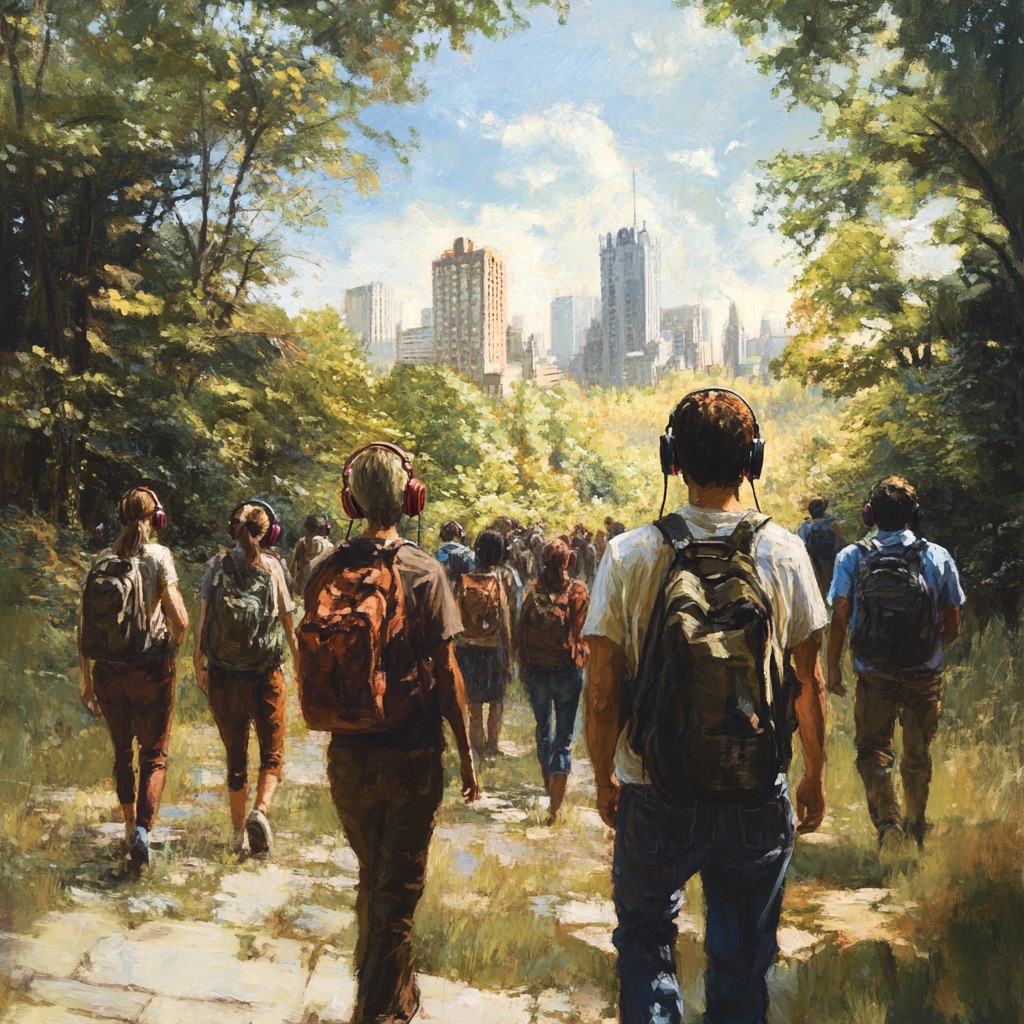A walkshop in which participants will explore the city along Situationist lines, with the theme of “Positive public space” as their guide.
Divided into small groups, participants will embark on a journey through Lisbon, guided by a series of carefully crafted prompts that inspire interpretation, creativity, and critical thinking. These prompts will lead them to explore the city with a fresh perspective, regardless of how familiar they may think they are with their surroundings. As they follow the instructions, participants will be encouraged to examine the built environment through themes that emphasize accessibility, comfort, safety, and how capitalist modes of manipulation shape urban spaces. By uncovering hidden aspects of the city, they will learn how commercial forces influence public life, subtly directing behavior and perceptions. Along the way, participants will gain new insights into their environment and the structures of power that shape it, sharing their discoveries and reflections with the entire group.
The framework for this exploration will be the mobile app Dérive app, which is an open collaborative platform facilitating urban exploration and ‘getting lost’.
Experiences can be documented through photographs, stories, and any other forms of expression created by the participants. This process deepens their understanding of the city and sharpens their critique of the urban environment. It becomes an experiment in rejecting the passive role of a consumer, actively creating situations or interventions where individuals reclaim agency over their surroundings.
This exploration becomes a form of resistance, reshaping our relationship to the city and its structures of power.
The walkshop is part of WALK21, but is happening outside of the conference venue. If you are in Lisbon, and want to participate, give me a shout. I’m sure we can make it work.
This walkshop explores the urban environment through a lens which leans on understanding the capitalism-influenced control of public space. If you’re interesting in a focus which leans on pushing back against mass tourism, but is based on similar ideas, take a look at Soazic Guezennec‘s Happy Tourists project.



